
Indonesia
-
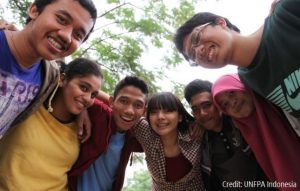
Duration: October 2019 - August 2022
Budget: US$5,235,742
Implementing Agencies: UNODC (lead), UNDP, UN Women
Despite rapid economic growth and progress in many areas of human development, Indonesia continues to suffer from acts of violent extremism with recent terrorist attacks involving women and children as perpetrators. Often described as the political barometer of South-East Asia, the success of Indonesia’s counter-terrorism efforts has profound influence throughout the region and beyondMORE -
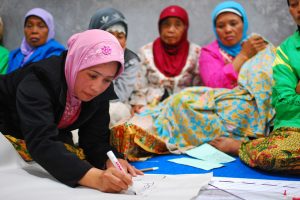
Duration: September 2011 - August 2013
Budget: US$2,357,798
Implementing Agencies: IOM (lead), UNFPA, WHO
Trafficking in persons is a critical global human security challenge, directly undermining people’s rights, livelihoods and dignity. Indonesia is a major source country for women, children and men who are subject to sex trafficking and forced labour, with estimates on the number of victims ranging from 100,000 to 1 million persons annually. Over the past decade the Government of Indonesia has demonstrated a clear commitment to address human trafficking.MORE -

Duration: February 2009 - September 2013
Budget: US$4,215,054
Implementing Agencies: UNIDO (lead), ILO
Amidst severe economic challenges, Maluku, one of Indonesia's poorest provinces, grapples with heightened infant mortality rates, limited access to clean water and sanitation, and insufficient livelihood opportunities. Since 1999, ethnic conflicts have claimed numerous lives, displaced communities, and exacerbated poverty. The aftermath includes a fragile state of peace and a significant number of internally displaced people, who face housing challenges and limited financial resources. In addition, the lack of income-generating opportunities and weakened economic security constitute a breeding ground for conflicts at the community level.MORE -
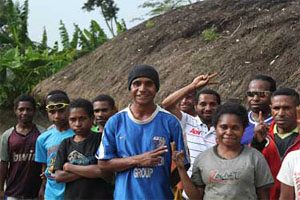
Duration: September 2005 - December 2008
Budget: US$1,581,142
Implementing Agencies: ILO
Despite abundant resources, the indigenous Papuan peoples were excluded from economic opportunities in the provinces of Papua and West Papua, resulting in inter-communal conflicts. Focusing on a community-driven approach, the programme engaged indigenous communities in alternative income-generating activities, strengthened their capacity to become self-reliant, and reduced tensions among communities.MORE -
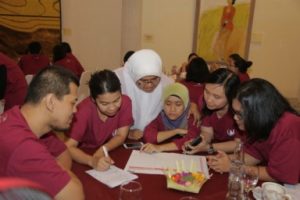
Duration: July 2003 - December 2005
Budget: US$1,355,061
Implementing Agencies: UNFPA
The programme sought to secure emergency reproductive health services to internally displaced persons, with an emphasis on vulnerable women, in order to contribute to their psychological and physical well-being. In addition, through a comprehensive medical service package, the programme addressed gaps in the delivery of reproductive health services in five provinces.MORE -
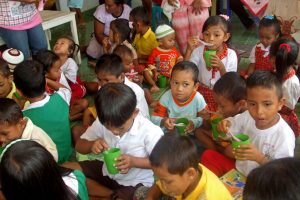
Duration: May 2002 - December 2003
Budget: US$1,007,475
Implementing Agencies: UNICEF
The programme was designed to promote the re-establishment of schools as centres for learning, psychosocial recovery and reconciliation. To this end, the programme aimed to ensure that children had access to well-equipped schools and provided capacity development for both teachers and students.MORE -

Duration: March 2002 - July 2005
Budget: US$1,429,684
Implementing Agencies: UNDP
The overall goal of the programme was to promote community reconciliation and overcome mistrust among different ethnic groups in three sub-districts. The programme strengthened social and economic inter-linkages among these groups and improved coexistence by creating employment through joint decision making on public works, infrastructure rehabilitation, and access to basic social services.MORE
